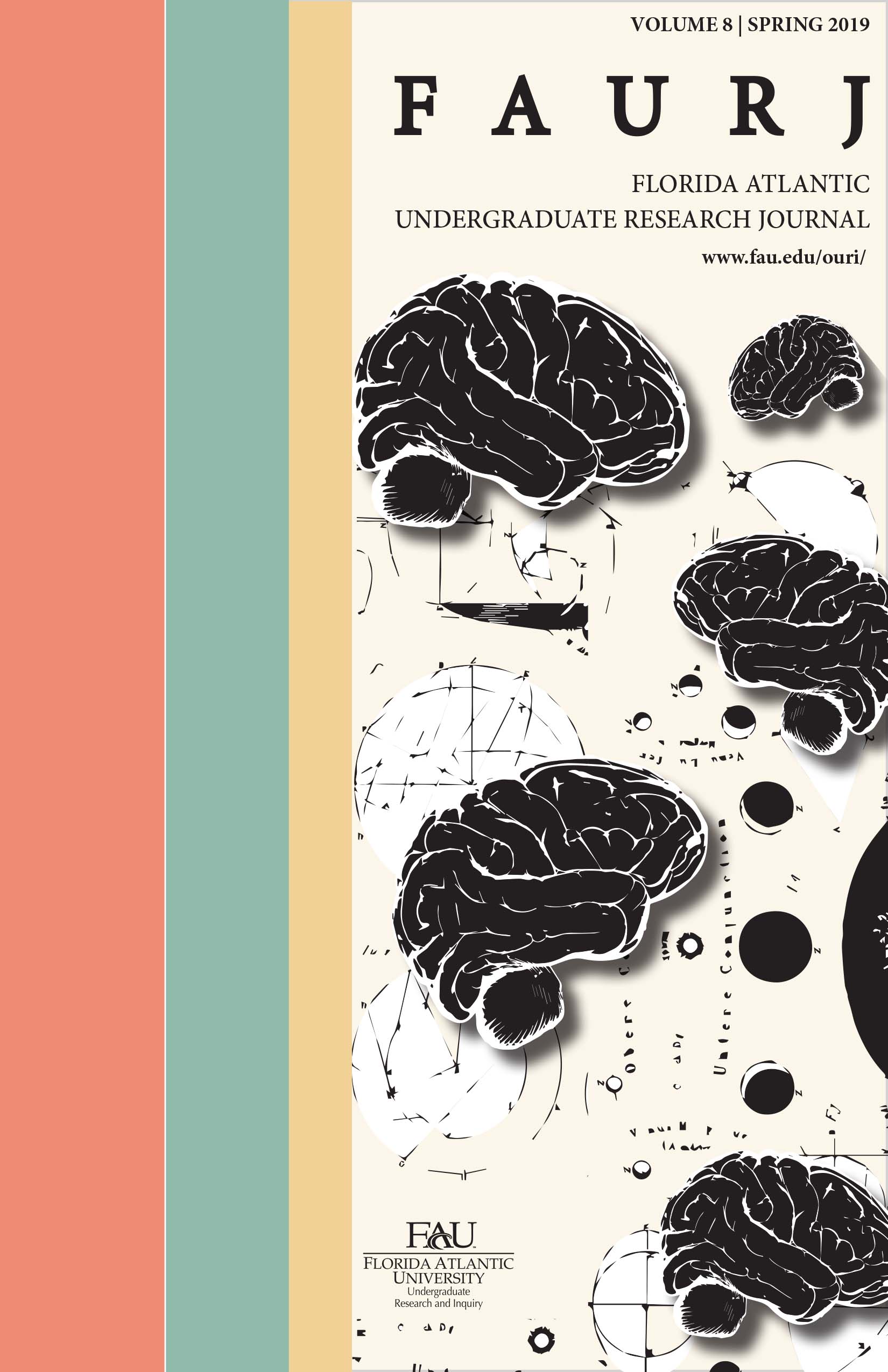Reyita as a Symbol of Cuba: The Role of Afro-Cgeuban Women in Daisy Rubiera Castillo's Testimonial Novel
Keywords:
Reyita, Cuba, Daisy Rubiera Castillo, Afro-Cuban womanAbstract
The purpose of this research is to explore
the role of Reyita as a symbol of Cuba in Daisy Rubiera
Castillo’s testimonial novel "Reyita: The Life of a Black
Cuban Woman in the Twentieth Century" (1997) as
a literary figure. Although the protagonist undergoes
several hardships as an Afro-Cuban woman of low
socioeconomic status, her struggles represent far
more than just herself. They are indicative of the living
conditions in pre-Revolutionary Cuban society and
mirror the daily struggles faced by several individuals,
and provide insight into what it was like to be an
individual “triply marginalized” by gender, race, and
class. However, these three “setbacks” never stopped
Reyita from always serving the greater good. She always
put others before herself, as demonstrated from her
relationship with her family. These actions were not just
limited to her family, but could also be expanded to the
entire population of Cuba. Such selfless efforts helped
Reyita increase her independence, and by the end of
the book, Reyita’s dependence on her husband becomes
almost nonexistent. The testimony was written by her
daughter, a well-known historian and anthropologist,
who brings the validity of the work into question, though
it also makes us question how much of it is faithful to
Reyita’s experiences, and how much of it was influenced
by her daughter, since Daisy Rubiera experienced
discrimination for many of the same reasons as Reyita.
The theories and perspectives of other Afro-Cuban
writers, such as Maya Anderson, Roberto Zurbano, and
Ernesto Pérez Castillo, will also be analyzed and discussed
to investigate the following question: In what way does
Reyita, a female, Afro-Cuban descendant of slaves,
represent the entire Cuban nation?


